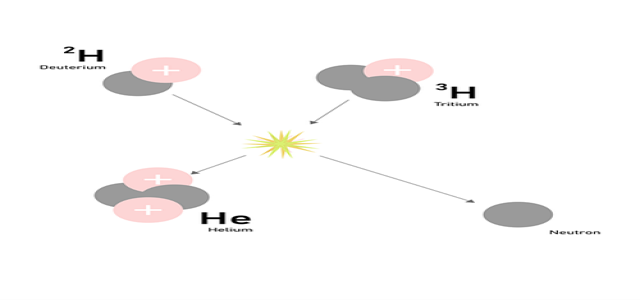
With world leaders vowing to expedite action to prevent further, more disastrous, climate change, nuclear fusion technology, considered safer than existing nuclear fission, has come under the limelight as a true, zero-emission energy source.
Fusion energy is produced when two light atomic nuclei merge and form a heavier nucleus. As the mass of the resulting formed nucleus is lesser than that of the original two, the leftover mass turns into energy.
It is also how the sun's energy is produced.
Experts have stated that fusion reaction will end if the fuel supply ends, or the plasma becomes unstable, which is unlike the nuclear power generation; where fission chain reaction is involved and control is required to prevent any runaway reaction that may cause accidents.
Prof. Satoshi Konishi, Institute of Advanced Energy, Kyoto University, Japan, stated that the race for harnessing fusion energy has already begun and that Japan should also keep up.
It is suggested that this energy source will face opposition in the country due to its history of natural disasters and nuclear accidents, harking back to the 2011 earthquake and tsunami that led a devastating nuclear accident.
In a recent interview, Prof Konishi also stated that changes in the primary source of energy arrive later than its technological innovation, adding that the country is already a part of the crucial battle of gaining a stronghold in the frontline of the technology.
Fusion was discussed for the first time recently during a panel session that took place at the U.N. Framework Convention on Climate Change, as it garnered interest owing to the fact that the technology could provide an almost limitless amount of energy with no greenhouse gas emissions.
As per the International Atomic Energy Agency, in theory, nuclear fusion is able to produce up to one terajoule of energy with only a few grams of a mixture of deuterium and tritium, which is roughly equal to the amount of energy consumed by a single person in a developed country over the course of 60 years.
Additionally, experts have also stated that the process of fusion does not produce any highly active or long-living nuclear waste like nuclear power plants.
Source credit: https://english.kyodonews.net/news/2021/12/65b218df9282-feature-nuclear-fusion-in-spotlight-as-world-seeks-clean-energy-future.html




